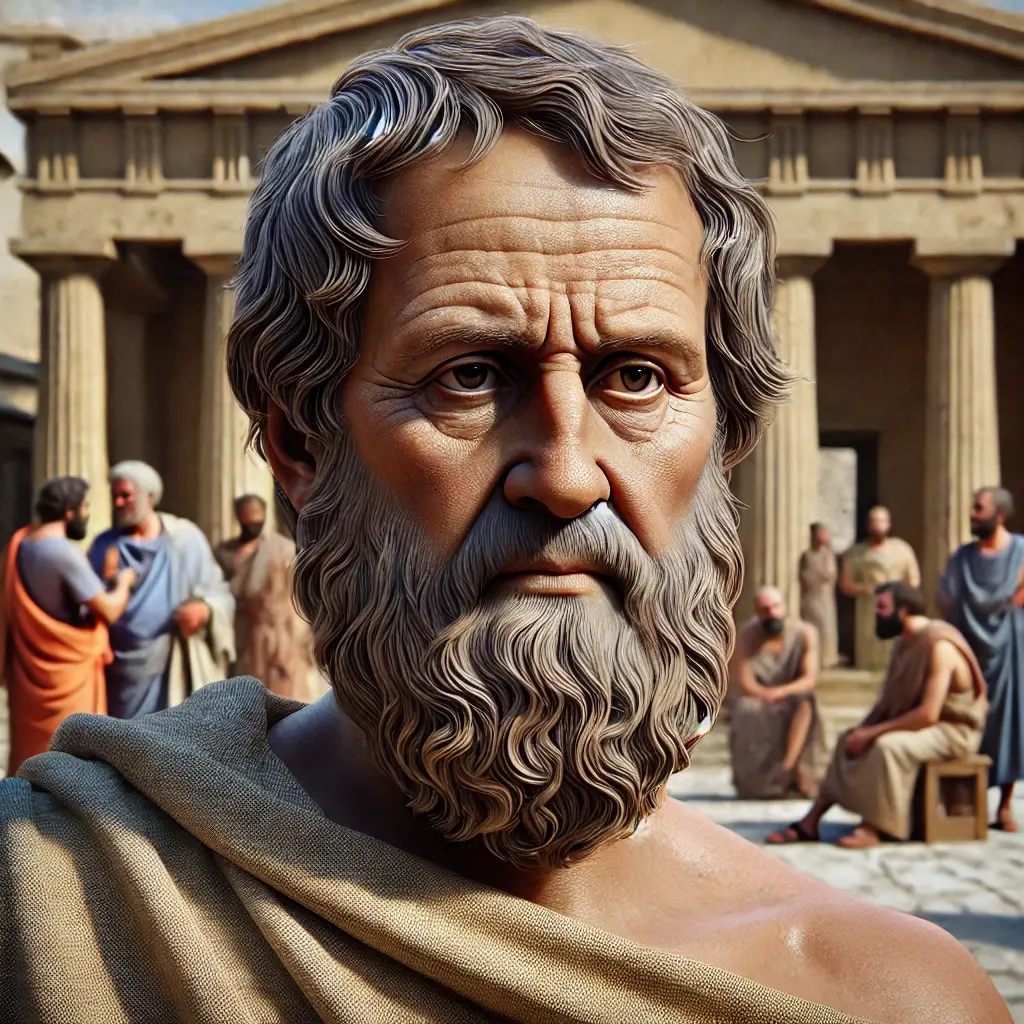
Plato also argued that no one should be a leader unless he or she is already a philosopher.
Winning the Argument but Losing the Debate
When I was in high school, I discussed a controversial topic (whether or not America should go to war to defend the islands of Quemoy and Matsu) in front of classmates. My opponent in the discussion was probably one of the smartest people in the class, a guy with both a high IQ and, though he was only in high school, a great breadth of knowledge—far greater than I held in my more parochial brain.
By the end of the discussion, my classmates indicated that I had won the argument—I argued the affirmative side of the question. I convinced them through language more tinged with emotion than with reason. My superior opponent, cool and level-headed, had argued the negative side, listing unemotionally among his arguments 1) the potential danger of escalating a war with China whose nearly one billion people could overwhelm the smaller American population 150 million people, 2) the lack of strategic importance of the two islands, and 3) the absence of demonstrable American interests like trade or resources that might have been affected by China’s possible seizure of the islands.
At the end of the discussion and after the audience left the room, he said to me, “You might have won the argument, but I won the debate.” Even in my youth I understood what he meant. I had not provided any rational antitheses. I won by emotion. And my emotional appeal had convinced the majority of the class to adopt my side: America should go to war over the two islands.
If you were to look at two philosophic approaches that represented my and my classmate’s arguments, you would put my opponent in the camp of Descartes and me in the camp of Hume. Looking back, I’m not happy with my victory in that classroom. I believed that winning the minds of the audience was more important than making an irrefutable rational argument. And yes, I say that with the full knowledge that logic—rationality itself—just like mathematical systems, as Kurt Friedrich Gödel demonstrated, reaches a point of incompleteness. Logic rests on the illogical. The “logical” approach of my high school classmate could have been refuted had we pursued the discussions to the axioms on which he based his thoughts. But the short period of talk prevented a fuller discussion. I could have reduced his arguments to assumptions while declaring the validity of my more emotional views that were largely assumptive.
And so it goes in the modern political arena.
Today’s Parallel
As we watch and participate as audiences, we will see candidates who derive their discussions from either the Descartes or Hume traditions, relying on either rationality or emotion. I’ll hazard a guess at this time that the Democrat candidate will fall into the Hume camp, relying more on emotion than on logic. Will there be emotional appeal on the Republican side? Possibly.
The question for us is whether or not we will fall into the camp of my classmates those many years ago and be persuaded by someone who will win the argument but lose the debate.
 RSS Feed
RSS Feed